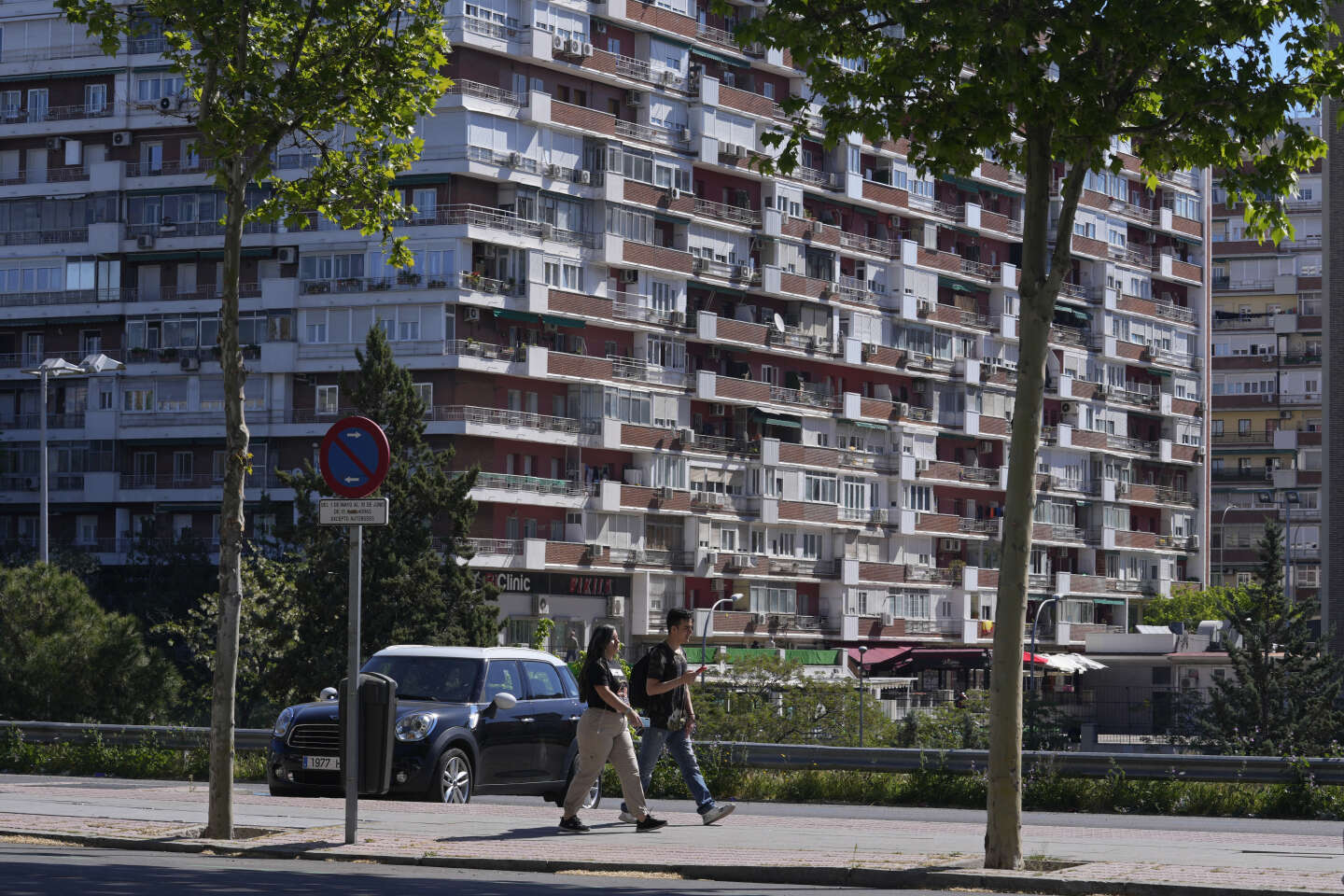
We will make finding housing a reality that will no longer be a problem. » On Wednesday, April 19, the head of the Spanish government, the Socialist Pedro Sanchez, announced in Parliament an investment of 4 billion euros aimed at financing the construction of 43 thousand low-rent housing units, promising to build housing. The Fifth Pillar of the Welfare State.
Over-indebtedness, social exclusion and youth liberation: one month before the municipal and regional elections on May 28, the left-wing government is increasing its advertising in response to the housing crisis, intent on making it one of the main campaign themes.
The cabinet had already approved on Tuesday, April 18, the mobilization of some 20,000 homes belonging to SARP, the public body set up in 2013 to absorb thousands of toxic assets seized by banks in the wake of the 2008 financial and real estate crisis. Sold to regions and municipalities for use as social housing. Nearly 14,000 other people, already occupied by families in vulnerable situations, will benefit from lower rents. 15,000 can be built on land conceded by the administration.
“Spain is the fourth country in Europe where families have to devote the most money to paying for accommodation”, Pedro Sanchez recalled, on April 17. In the Madrid region, a person paying minimum wage spends an average of 65% of their income on housing, according to the Observatory of Accessible Housing of the Association Provivienda. In Catalonia or the Balearic Islands, this figure reaches 50%.
More social housing
Faced with this situation, Parliament must also approve, by the end of the month, a “The First Housing Act of Democracy” Spanish. Banned for more than a year, the final text has been ratified by the Socialist Party and the radical left-wing party Unidas Podemos, who rule in coalition and in the minority, and their allies in Parliament, the Basque and Autonomous Catalonia parties.
This provision caps rent increases, prohibits public housing from being sold to hedge funds, as it did after the 2008 financial crisis, offers tax benefits to landlords who lower rents and allows city halls to increase property tax on vacant housing.
The government also aims to reach 20% of all public rental housing. A challenge, given that Spain currently has barely 2.5% of social housing, far behind the European average (9%) or the French (16%).
You have 54.05% of this article left to read. The following is for subscribers only.






